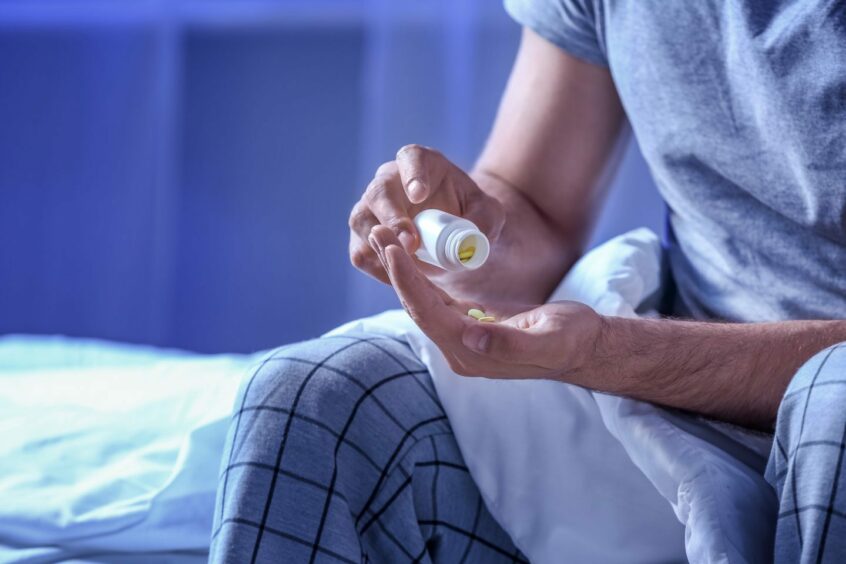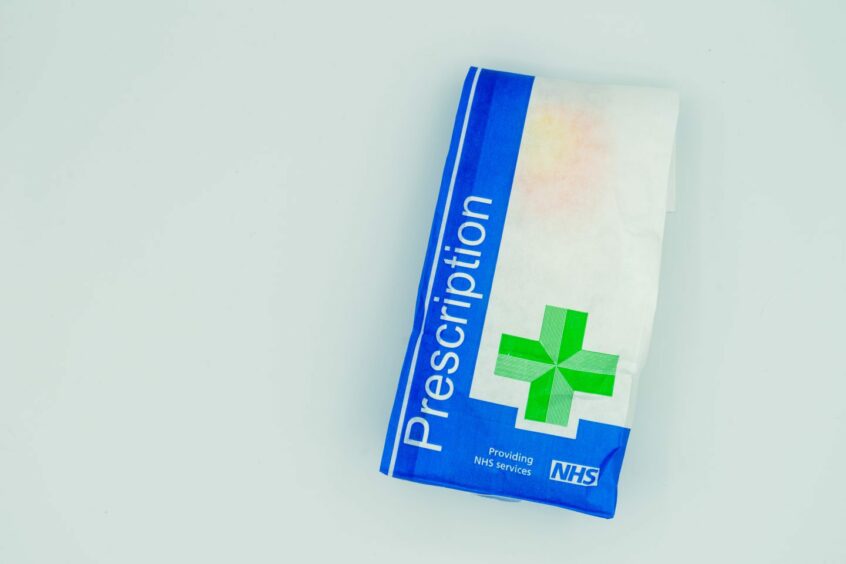If you’re experiencing insomnia or other sleeping problems, the first solution you think of might be sleeping pills.
And while they can be a short-term solution to help some get into a better sleeping pattern, GPs are becoming more reluctant to prescribe them to patients.
But why is this? How do sleeping pills work? And do you actually need a prescription to get sleeping tablets?
We’re answering all your questions about sleeping pills.
How do sleeping pills work?
Sleeping pills work by interacting with a natural chemical called gamma aminobutyric acid (GABA).
This chemical reduces the activity in the areas of the brain responsible for reasoning, memory, emotions and essential functions, such as breathing.
The medication increases the effects of GABA on your brain and body. This means these drugs can make you feel relaxed and sleepy, as well as reducing anxiety and relaxing muscles.
As a result, they help you fall asleep more quickly, and also help stop you waking up during the night.
Can I get sleeping pills without a prescription?
In the UK, you can only access sleeping pills with a prescription.
According to the NHS: “GPs now rarely prescribe sleeping pills to treat insomnia. Sleeping pills can have serious side effects and you can become dependent on them.
“Sleeping pills are only prescribed for a few days, or weeks at the most, if your insomnia is very bad [or] other treatments have not worked.”
However, there are some other remedies to aid sleep you can get over the counter from your local pharmacist.
The NHS says: “You can buy tablets or liquids (sometimes called sleeping aids) from a pharmacy that may help you sleep better.
“Some contain natural ingredients (valerian, lavender or melatonin) while others, like Nytol, are an antihistamine.
“They cannot cure insomnia but may help you sleep better for one to two weeks. They should not be taken for any longer.”
Before using a sleeping aid, you should consult your pharmacist or GP, to find out if it could interfere with any medication you’re taking.
What are the risks of taking sleeping pills?
Taking sleeping pills may be beneficial and help improve sleep for a short time. But the body can quickly build up a tolerance to them.
This means, in order for them to work, you would need to take a higher dosage, which doctors don’t recommend.
Sleeping pills are not suitable for everyone, there can be risks involved. Your GP is unlikely to prescribe them to you if you have severe:
- lung disease or breathing problems
- sleep apnoea
- liver or kidney disease
- uncontrolled myasthenia gravis (a neuromuscular condition)
Some common side effects of taking sleeping pills can include:
- Burning or tingling in the hands, arms, feet, or legs
- Dizziness
- Daytime drowsiness
- Dry mouth or throat, or a metallic taste
- Headache
- Impairment the next day
- Mental slowing or problems with attention or memory
Sleeping tablets can be a positive short-term solution if you’re having trouble falling asleep.
Your GP will be able to give you more information on whether they’re right for you.



Conversation